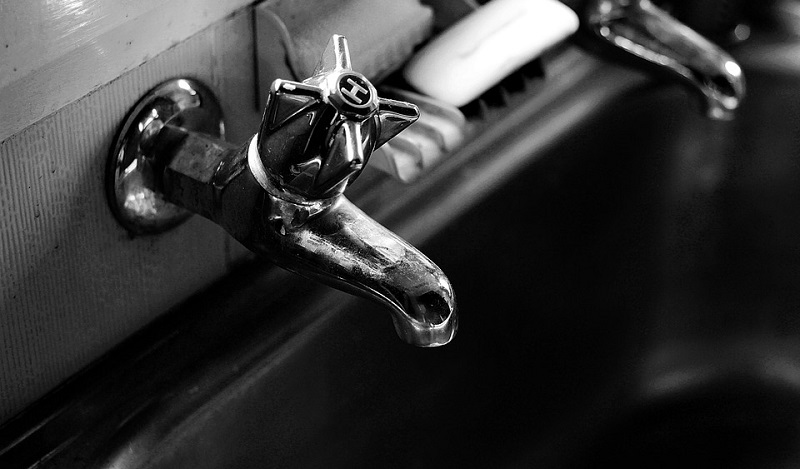The City of Cape Town has urged residents to adjust the water-isolating valves (stopcocks) on their properties to reduce the flow rate and save water.
Dam storage levels in the Western Cape are currently at 31.1%, with usable water at approximately 21.1%. Collective consumption for the past week was 610 million litres per day, which is 110 million litres above the target of 500 million litres per day.
A stopcock valve looks like the top part of a typical garden tap. It is the control tap which is used to isolate the private water installation. The stopcock is typically installed on the property between 1 to 1,5 m in from the front boundary.
“Pressure adjustments on bulk supply lines have helped to reduce consumption over recent months, and it is hoped that significant further reductions could be achieved if residents also reduce flow through the private-side isolating valve,” the city said.
The city has provided steps to adjust a stopcock to reduce water flow (this should ideally be done during the day):
- Close the stopcock by turning it in a clockwise direction, and open it again (about a half turn).
- Go to the tap furthest away from the stopcock (this could be inside the house, in the back garden/yard or in an upstairs bathroom).
- Open the cold water tap and see if there is sufficient water flowing.
- If required, adjust the stopcock a half turn at a time until a reasonable but reduced flow rate of water to the furthest cold water tap is achieved.
The city said it is intensifying its pressure reduction programme from this week.
“We continue to approach this unprecedented drought crisis in a proactive and innovative manner, via four main focus areas: promoting increased water conservation through restrictions, campaigns to encourage behavioural change, pressure management and restriction of supply to excessive users, procurement of emergency supply schemes, preparation for a day-zero actuality and building medium- and long-term resilience as it pertains to water provision,” said MMC for Informal Settlements, Water and Waste Services; and Energy, Councillor Xanthea Limberg.
“There is no single solution to this drought crisis. We are therefore looking at all possible options,” she added.
[Image – CC 0 BenjaminNelan]

